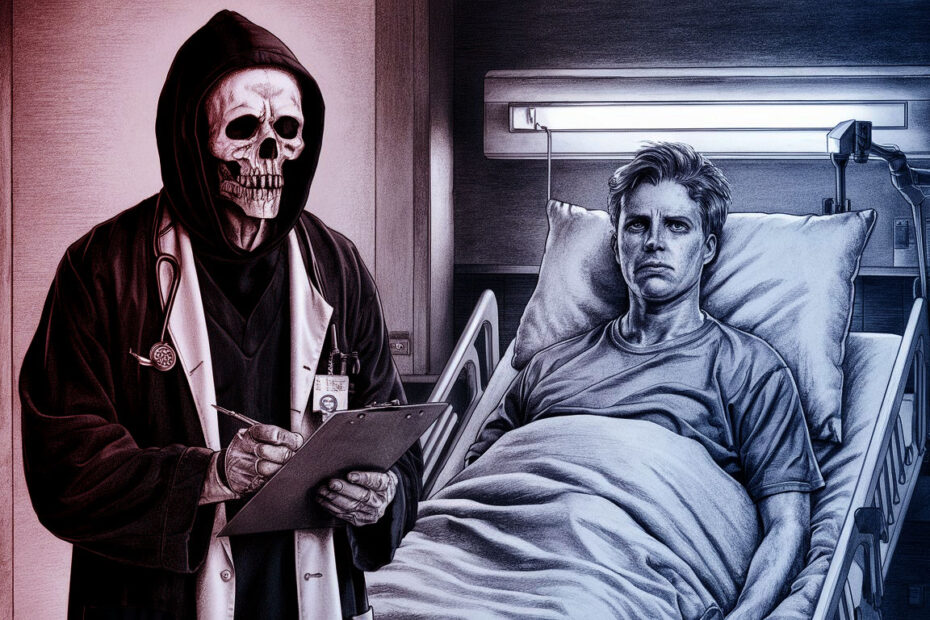By Judie Brown
If it is true that residing in a civilized community depends on whether or not the citizens are living at a high level of cultural and technological development, then in many respects we are still in the stone age. With all the claims about our highly sophisticated society, many continue to resort to killing as an answer to rising medical costs or emotional trauma allegedly suffered by those who are caring for a loved one who is ill and dying.
In this regard, a recent poll tells us that we are twice as concerned with the economy than we are with caring for the poor. In other words, it’s about, as ABBA once sang, “money, money, money.”
Perhaps this explains the reason why a recent study indicates that many patients who suffer a brain injury and are “given a poor recovery prognosis” are “having their life-sustaining treatment withdrawn within days of experiencing their brain injury.”
Further, could the Texas doctor who was recently found guilty of poisoning his patients rather than treating them have been more concerned with illusions of his own power than he was with caring for those in his care? The prosecutor in this case made a good point when he said, “Dr. Ortiz cloaked himself in the white coat of a healer, but instead of curing pain, he inflicted it.”
We ask this legitimate question to any member of the medical profession who devalues life as he or she pretends to be God and kills the preborn, fails to tell patients that the pill can kill, and so forth. But what about the nonmedical people who have the desire to wipe out their financial debts by killing vulnerable members of their family?
It happened in Missouri, where 75-year-old Ronnie Wiggs allegedly strangled his wife Ellen in her hospital bed. One reporter wrote, “Police in Missouri arrested a man after they said he admitted to strangling his ailing wife in a hospital bed because he reportedly could not afford to pay for her medical care.” He had tried previously to take her life prior to this fatal action.
Commenting on this case, Michael Cook wrote, “The death of Ellen Wiggs is not euthanasia, but it is an example of the desperation that may overcome people who are caring for sick and elderly spouses.”
While we can argue about whether or not Wiggs’ act is or is not euthanasia, the point is that whether Wiggs killed her because of medical bills, because he was temporarily insane, or for some other reason that only he knows, we have to wonder if this would have occurred if Mr. Wiggs were a wealthy man.
And when we look at these various examples of individuals who kill patients or loved ones, we are left with one burning question. Has the world and the absence of moral character among so many grown so powerful that more and more of our fellow human beings are resorting to eliminating the vulnerable instead of ensuring that they are loved and taken care of? It happens to the preborn, it happens to young children, and clearly it happens to the elderly.
But why? It seems to me that the one common denominator in all of this is money, either the lack of it, the desire for it, or the illusion that somehow the mighty dollar bill is sacred above all else.
But as Christ taught in Matthew 6:24: “No one can be the slave of two masters: he will either hate the first and love the second, or be attached to the first and despise the second. You cannot be the slave both of God and of money.”
Money, Money, Money may have a cute melody, but when it becomes a deadly weapon, there is nothing remotely pleasant about it.



